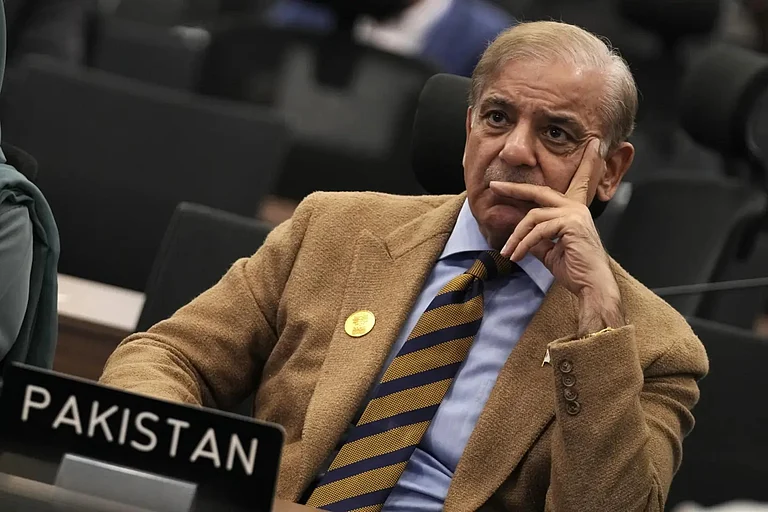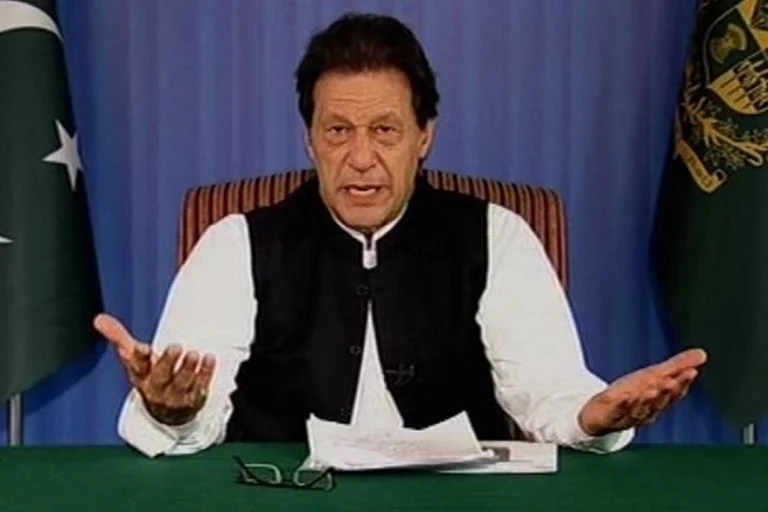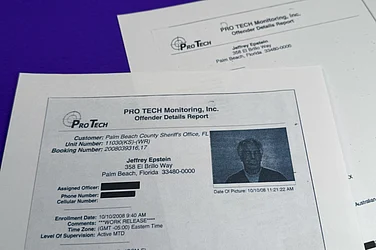The National Assembly Secretariat on Thursday announced that the election of the head of the government will be held on March 3.
According to the schedule, candidates can submit their nomination papers by Saturday, 2 pm. The scrutiny of the papers will be completed the same day.
It said that the procedure for the election of the premier was given to the newly elected lawmakers.
Nominations
The Pakistan Muslim League-Nawaz (PML-N) has nominated Shehbaz Sharif, 72, for the slot of prime minister.
Meanwhile, Omer Ayub Khan is the pick of jailed former prime minister Imran Khan's Pakistan Tehreek-e-Insaf (PTI) party.
PML-N led by Nawaz Sharif is getting help from the Pakistan Peoples Party (PPP) led by Bilawal Bhutto-Zardari, a former foreign minister. They are joining forces to lead the government together because the elections on February 8 didn't give a clear win to any party.
This agreement means that Nawaz Sharif might become the prime minister again, making it his second time.
Sharif, who was the PML-N party president, was the prime minister before when Imran Khan's government was removed in April 2022. He served for 16 months until fresh elections were announced in August 2023.
Both Sharif and Bhutto-Zardari believe they have enough support to work together and form a government.
Asif Ali Zardari, 68, of the Pakistan Peoples Party will be the PML-N and PPP coalition's candidate to become president.
According to the Constitution, a party must win 133 out of 265 contested seats in the 266-member National Assembly to form a government.
Independent candidates - a majority backed by Khan's PTI - won 93 National Assembly seats. The PML-N won 75 seats while the PPP came third with 54 seats. The Muttahida Qaumi Movement Pakistan (MQM-P) has 17 seats.
That left PML-N and PPP to ally along with four smaller parties to keep Khan's PTI out of power.
The Awami National Party (ANP) has announced that they will not participate in the upcoming elections for the positions of president, prime minister, and speaker of the national assembly.
They alleged that the new parliament in Pakistan isn't run by the real representatives of the people, so they've decided not to be involved in these elections.
The Jamiat Ulema-e-Islam-Fazlur has also said that it will not participate in the election for the posts.
The new parliament is not controlled by the true representatives of the nation and the party will not participate in the election to be held for these posts, JUI-F chief Maulana Fazlur Rahman reportedly said on Thursday.
Meanwhile, elections for Speaker and Deputy Speaker of the National Assembly will be held on March 1, incumbent Speaker Raja Pervez Ashraf has announced. The elections will be held through secret ballot.
PML-N’s Sardar Ayaz Sadiq and PTI-backed Malik Muhammad Amir Dogar have submitted their nomination papers for the post of the Speaker.
Syed Ghulam Mustafa Shah and Junaid Akbar’s names have been proposed by the treasury and opposition benches respectively for the post of deputy speaker.


























